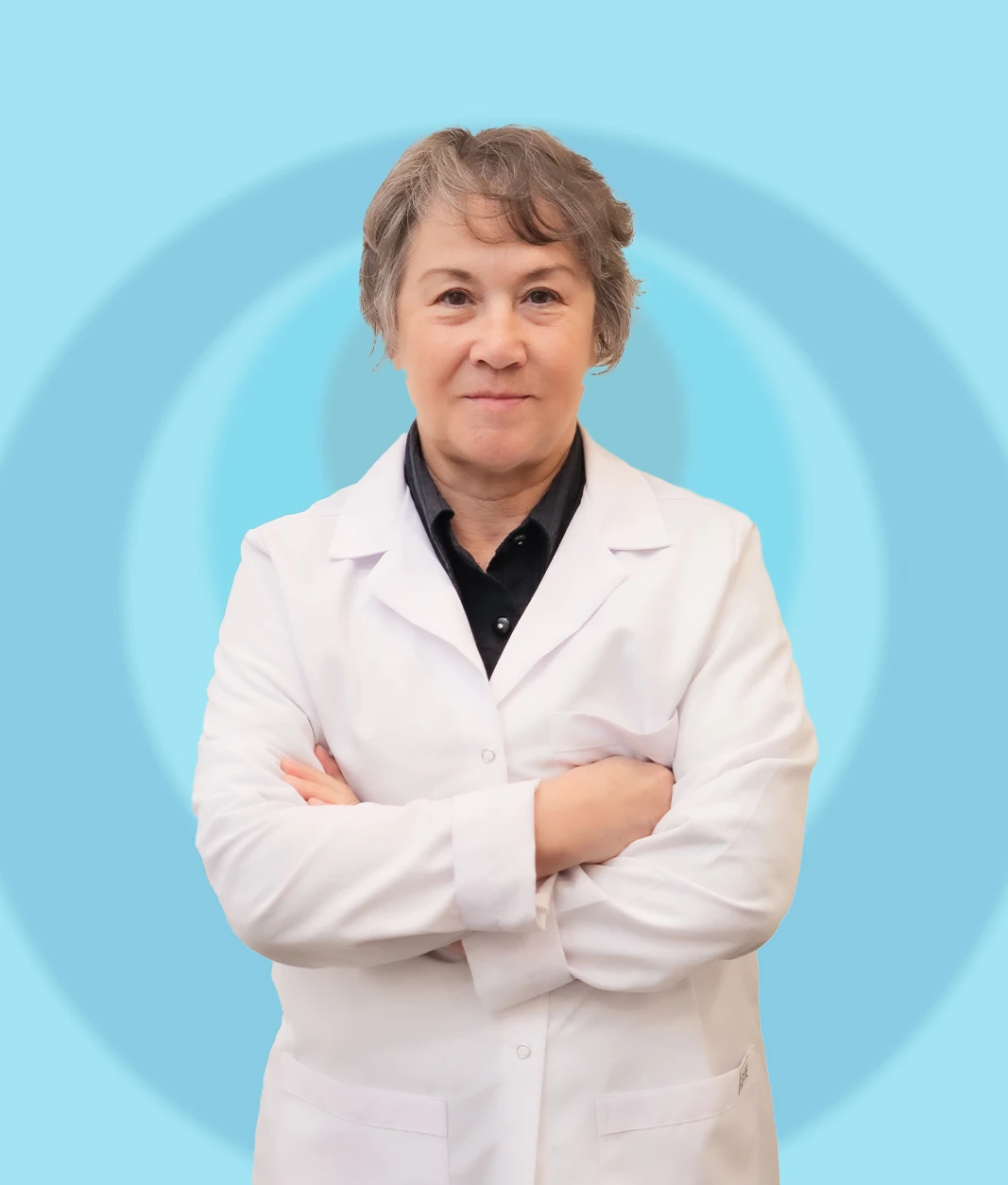Psychiatry is a medical specialty concerned with the diagnosis, treatment, and prevention of individuals' mental, emotional, and behavioral health issues. Psychiatrists aim to enhance the quality of life of individuals by utilizing scientific and clinical approaches that focus on maintaining mental health balance. Today, psychiatry has become one of the fundamental health services supporting individuals' psychological well-being.
History of Psychiatry
The science of psychiatry has deep roots that extend back to ancient times. In earlier periods, mental disorders were explained through supernatural forces, while modern psychiatry emerged from the 19th century onward under the influence of scientific advancements. During this period, a multifaceted approach was adopted, considering psychological, biological, and social factors together. Today, psychiatry is a comprehensive medical discipline addressing mental health issues through scientifically grounded methods.
Psychiatry and Its Subspecialties
Psychiatry is divided into various subspecialties targeting different age groups and mental conditions. Each subspecialty allows for more effective management of specific mental health issues:
- Clinical Psychiatry: Focuses on the diagnosis and treatment of common mental disorders.
- Child and Adolescent Psychiatry: Encompasses the assessment of psychological issues specific to childhood and adolescence.
- Geriatric Psychiatry: Concentrates on the management of mental illnesses seen in elderly individuals.
- Neuropsychiatry: Studies psychiatric disorders originating from the brain and nervous system.
- Addiction Psychiatry: Oversees the treatment of alcohol, substance, and behavioral addictions.
What Are Common Psychiatric Disorders?
Psychiatric disorders are serious mental health issues that negatively impact an individual's mood, thought patterns, and behaviors, thereby disrupting daily functioning. These disorders can manifest with various symptoms and may present differently from person to person. Here are some commonly encountered psychiatric disorders in society:
Depression manifests with symptoms such as intense and persistent feelings of sadness, hopelessness, loss of energy, and reduced interest in life. Sleep and appetite disturbances, feelings of worthlessness, and suicidal thoughts may also occur. If untreated, depression can negatively affect both an individual's social relationships and physical health.
Anxiety disorders are characterized by excessive levels of anxiety, worry, and fear that can make daily life difficult. Subtypes include panic attacks, various phobias (e.g., heights, crowds, enclosed spaces), and social anxiety disorder. Individuals often react excessively to non-threatening situations and may experience a constant state of unease.
Schizophrenia and other psychotic disorders are severe mental illnesses that significantly affect an individual's thought processes and perception of reality. Symptoms can include hallucinations (seeing or hearing things that are not there), delusions (false beliefs), speech disturbances, and social withdrawal. These types of disorders can greatly reduce an individual's quality of life and typically require long-term treatment.
Eating disorders are psychological conditions that cause serious disruptions in an individual's eating habits. The most commonly seen types include bulimia nervosa and anorexia nervosa. In anorexia, the person excessively diets due to a fear of gaining weight, leading to significant weight loss. In bulimia, the individual engages in compensatory behaviors such as vomiting, using laxatives, or excessive exercise following episodes of binge eating.
If not diagnosed in a timely manner and treated appropriately, these types of mental disorders can progress and significantly impact an individual’s quality of life. Therefore, seeking help from a psychiatry specialist upon noticing symptoms is crucial for early intervention.
Psychiatric Diagnosis Process
An accurate diagnosis is fundamental to effective treatment. During the psychiatric evaluation process, psychiatrists analyze the individual's clinical history, family history, and current mental state. When necessary, neurological tests, laboratory examinations, or imaging techniques may also be utilized.
Psychiatric Treatment Methods
Two primary approaches in mental health treatment stand out:
- Medication Treatment: Medications such as antidepressants, antipsychotics, and anxiolytics play an effective role in controlling symptoms.
- Psychotherapy: Various methods such as individual, group, or family therapy aim to help the individual gain self-awareness, emotional awareness, and develop coping skills.
In some cases, combining medication and psychotherapy enhances treatment success.
Why Should You Seek Psychiatric Support?
Mental balance directly affects an individual's quality of both physical and social life. When mental health issues are identified early and treated appropriately, the negative impacts on life can be significantly reduced. Therefore, receiving support from a psychiatric specialist is a critical step for both preventive and curative health services.









